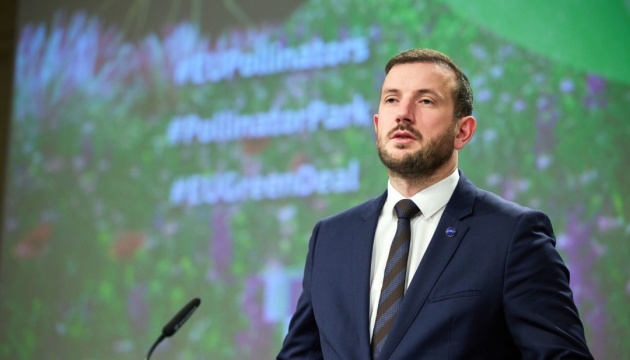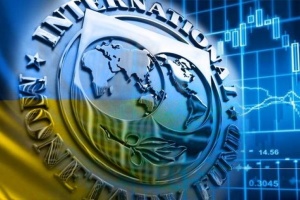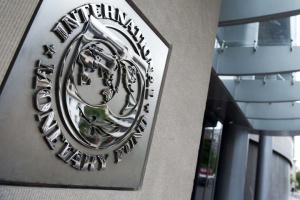
Black Sea primary target of EU assessment of environmental damage caused by Russia
That’s according to European Commissioner for Environment, Oceans, and Fisheries Virginijus Sinkevicius, who spoke at a press conference in Vilnius as part of the Ukraine Green Recovery Conference.
Responding to an Ukrinform correspondent’s question of whether the European Commission is assessing environmental damage caused by Russia’s war of aggression to EU member states neighboring Ukraine, he said the EC “supports efforts toward documenting evidence of Russia’s war crimes against ecosystems in Ukraine,” adding that it’s difficult to assess the situation in the region more broadly.
“It's very difficult to assess the situation, for example, in the Black Sea, which probably is the prime target of the assessment of the pollution that is going to spread further on,” said the Commissioner.
“We support the UNEP programs and the specialists on the ground. Secondly, our Joint Research Center and our Directorate General for Ecology also does the monitoring but it's mainly in Ukraine.
At this moment, the EU shares the data only with the member states neighboring Ukraine about the possible damage that has been caused.
“What will be the consequences that are going to come to member states is still very difficult to estimate. The price tag of war crimes is raising every day and especially with the active battles going on,” said Sinkevicius.
The Commissioner noted that “only from the number of almost 500 water treatment facilities that were either destroyed or damaged and are now non-functional you can understand how big of an impact on a clean water it has inflicted, first of all, on people in Ukraine but secondly of course, downstream, getting pollution directly into the rivers.”
Sinkevicius is sure that the additional environmental cost will be evident but “to run into the conclusion of Russia having to repay the cost is going to be very, very difficult. We need to prove their guilt, document their guilt very well,” the Commissioner said.
As reported, on Tuesday, November 28, an international Ukraine Green Recovery Conference kicked off in Vilnius, Lithuania.
The European Commission, which organized the event, emphasized that 20% of Ukraine's protected areas are under threat as a result of hostilities, while the destruction of the Kakhovka HPP became the worst man-made disaster since the Chornobyl NPP accident in 1986, and led to extraordinary consequences for natural resources and the population.




